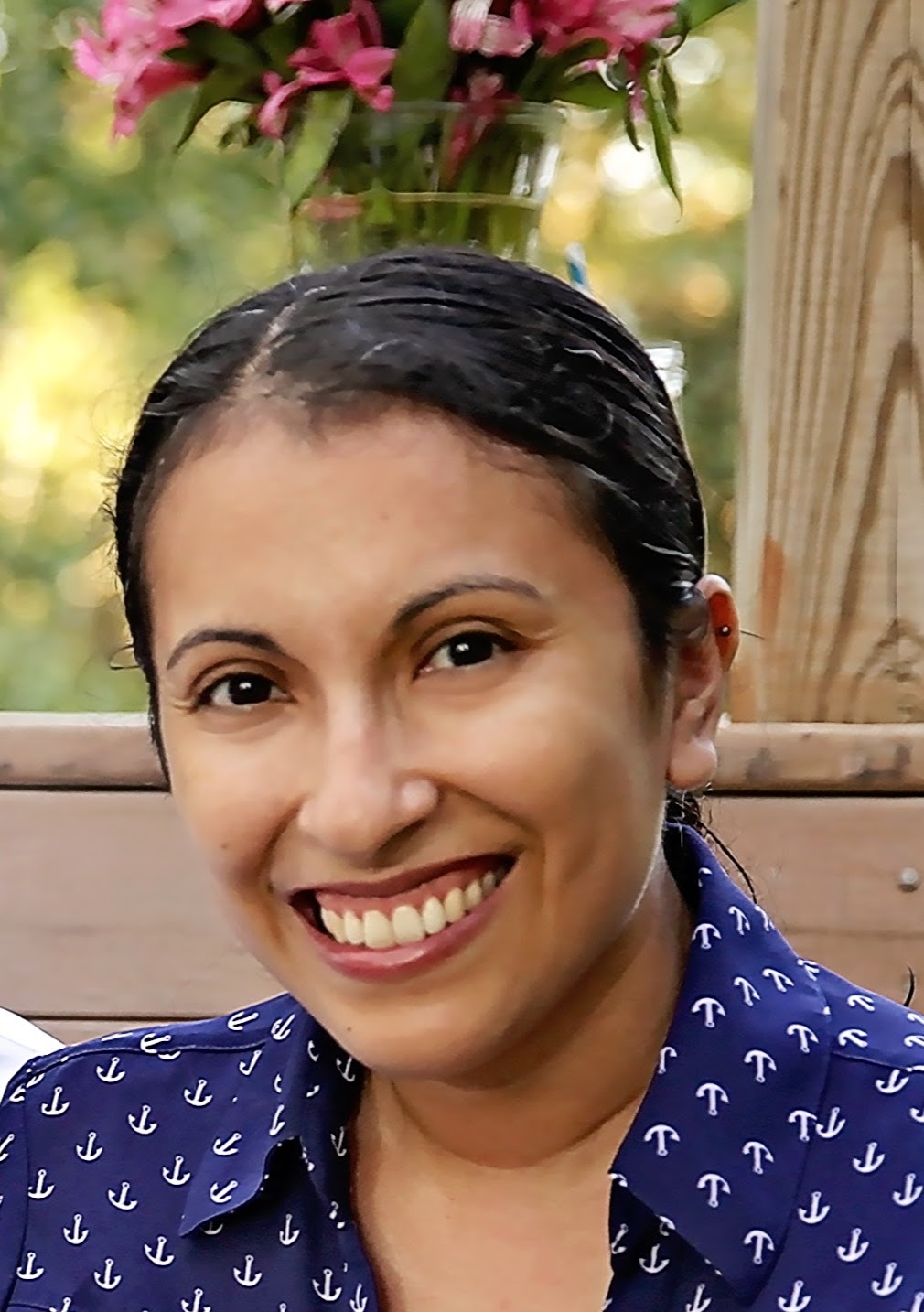You are here: Vanderbilt Biostatistics Wiki>Main Web>Seminars>WednesdaySeminarSeries>2023BiostatisticsSeminarSeries>TanyaGarcia12062023 (05 Dec 2023, CierraStreeter)Edit Attach
Biostatistics Weekly Seminar
Mission Imputable: Correcting for Error When Imputing a Censored Covariate
Tanya Garcia, PhD
Associate Professor of Biostatistics
Gillings School of Public Health
UNC Chapel Hill
 To select outcomes for clinical trials testing experimental therapies for Huntington disease, a fatal neurodegenerative disorder, analysts model how potential outcomes change over time. Yet, subjects with Huntington disease are often observed at different levels of disease progression. To account for these differences, analysts include time to clinical diagnosis as a covariate when modeling potential outcomes, but this covariate is often censored. One popular solution is imputation, whereby we impute censored values using predictions from a model of the censored covariate given other data, then analyze the imputed dataset. However, when this imputation model is misspecified, our outcome model estimates can be biased. To address this problem, we developed a novel method, dubbed ``ACE imputation.'' First, we model imputed values as error-prone versions of the true covariate values. Then, we correct for these errors using semiparametric theory. Specifically, we derive an outcome model estimator that is consistent, even when the censored covariate is imputed using a misspecified imputation model. Simulation results show that ACE imputation remains empirically unbiased even if the imputation model is misspecified, unlike multiple imputation which yields $>100\%$ bias. Applying our method to a Huntington disease study pinpoints outcomes for clinical trials aimed at slowing disease progression.
To select outcomes for clinical trials testing experimental therapies for Huntington disease, a fatal neurodegenerative disorder, analysts model how potential outcomes change over time. Yet, subjects with Huntington disease are often observed at different levels of disease progression. To account for these differences, analysts include time to clinical diagnosis as a covariate when modeling potential outcomes, but this covariate is often censored. One popular solution is imputation, whereby we impute censored values using predictions from a model of the censored covariate given other data, then analyze the imputed dataset. However, when this imputation model is misspecified, our outcome model estimates can be biased. To address this problem, we developed a novel method, dubbed ``ACE imputation.'' First, we model imputed values as error-prone versions of the true covariate values. Then, we correct for these errors using semiparametric theory. Specifically, we derive an outcome model estimator that is consistent, even when the censored covariate is imputed using a misspecified imputation model. Simulation results show that ACE imputation remains empirically unbiased even if the imputation model is misspecified, unlike multiple imputation which yields $>100\%$ bias. Applying our method to a Huntington disease study pinpoints outcomes for clinical trials aimed at slowing disease progression.
Virtual: Zoom Link to Follow
06 December
1:30pm
Speaker Itinerary
| I | Attachment | Action | Size | Date | Who | Comment |
|---|---|---|---|---|---|---|
| |
tanya-headshot.jpg | manage | 212 K | 09 Nov 2023 - 14:15 | CierraStreeter |
Edit | Attach | Print version | History: r3 < r2 < r1 | Backlinks | View wiki text | Edit wiki text | More topic actions
Topic revision: r3 - 05 Dec 2023, CierraStreeter
 Copyright &© 2013-2022 by the contributing authors. All material on this collaboration platform is the property of the contributing authors.
Copyright &© 2013-2022 by the contributing authors. All material on this collaboration platform is the property of the contributing authors. Ideas, requests, problems regarding Vanderbilt Biostatistics Wiki? Send feedback


